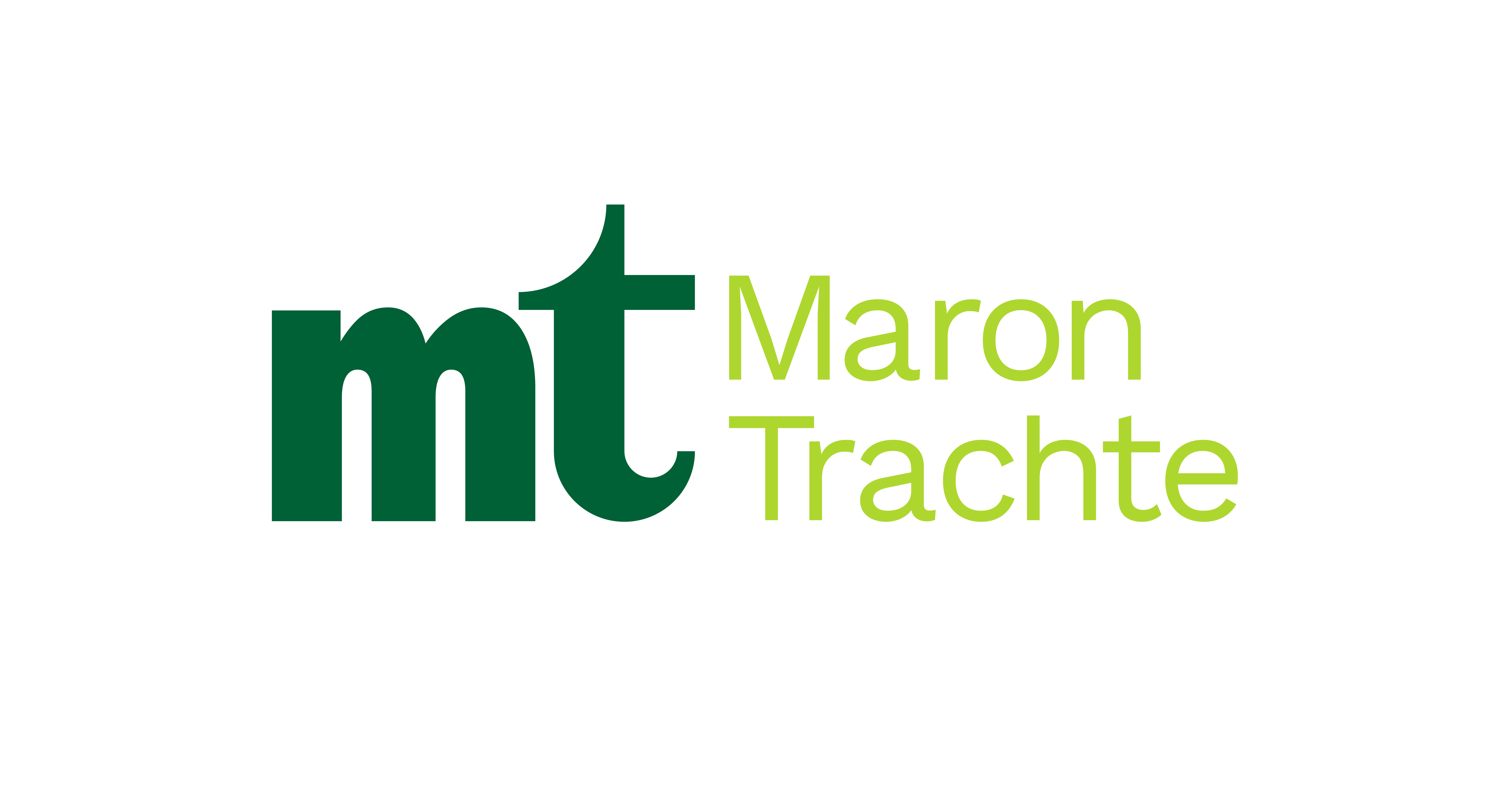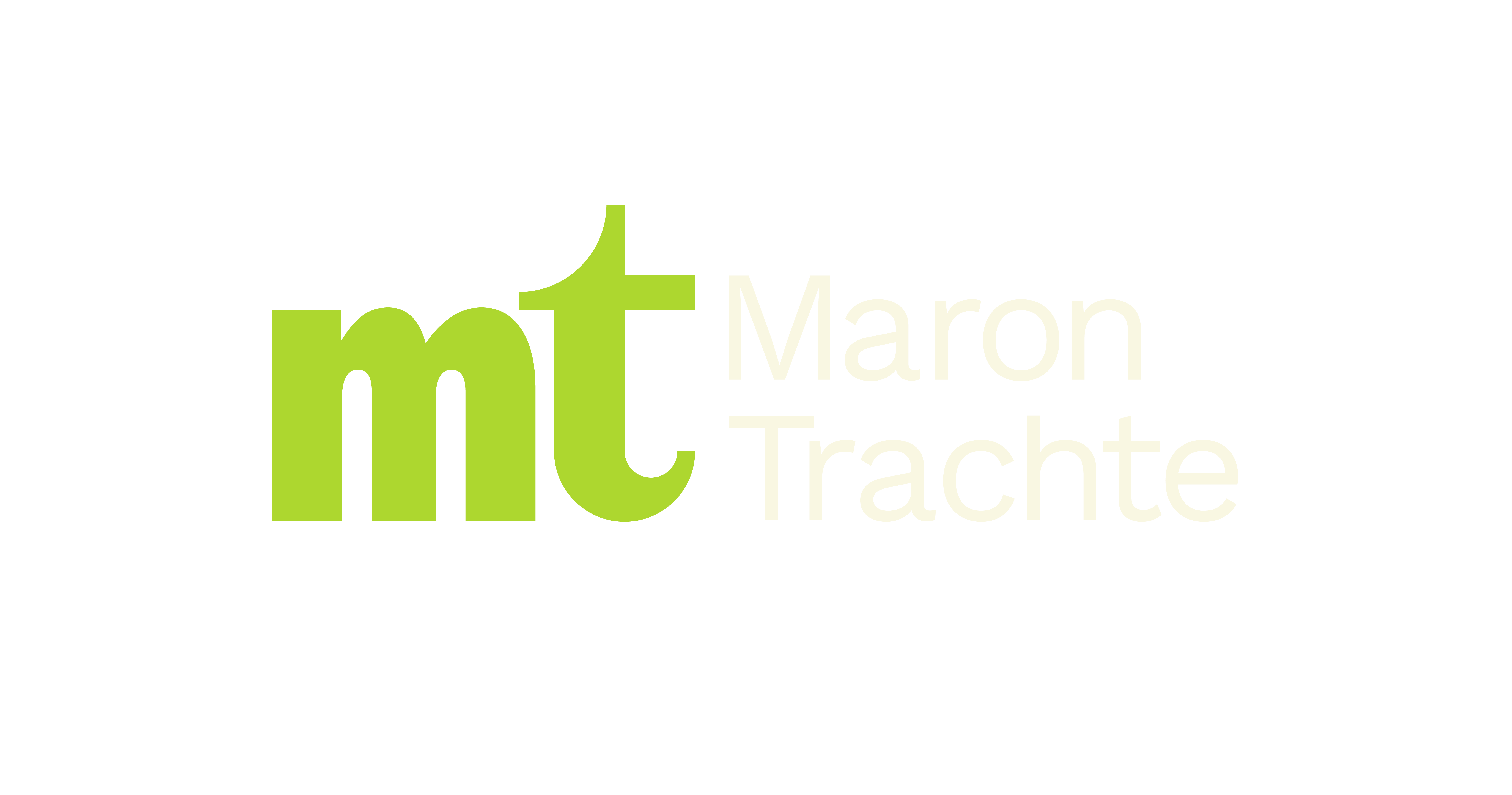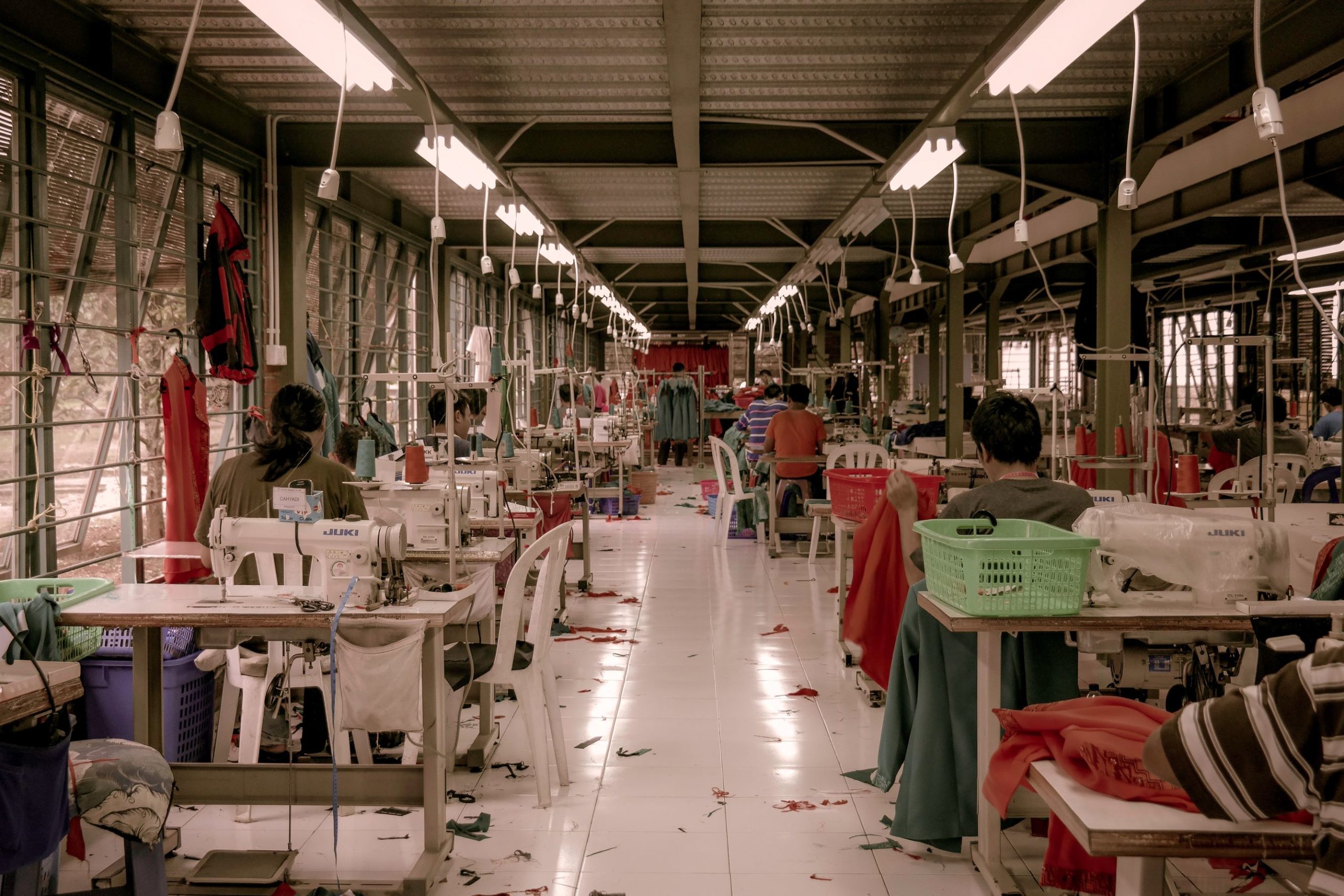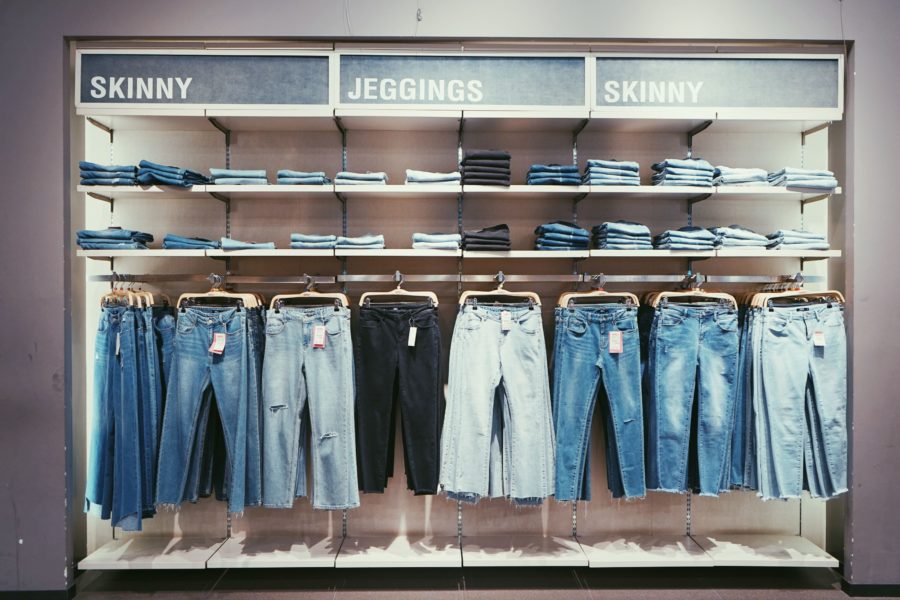Tackling Fast Fashion and Letting Slow Fashion Blossom in our Regions and Cities
A Call for a Level Playing Field in the Textile Sector
If you want to join as a signatory of the Declaration, who calls on supranational organisations to ban fast fashion and embrace slow fashion, please send an email to nroelens@gov.brussels.
Wearing clothes is a primary need. If you are not convinced about it, imagine yourself going out in the street, working, or meeting with some friends… while being naked.
Getting dressed is a primary need. The textile sector is among the largest sectors in the world economy, employing millions of people, the vast majority of which are women. This sector creates many opportunities for economic development. But today, the textile industry is responsible for major environmental devastation and violations of human rights. Everybody remembers the collapse of the Rana Plaza in Bangladesh that caused the death of more than 1.100 people, revealing indecent working conditions in producing countries.
We need the textile sector to integrate in its raison d’être the doughnut principles. It means guaranteeing a social foundation of human rights to live a decent life while respecting the environmental limits of the Planet. In order to do that, the sector must shift from fast to Slow Fashion. Slow Fashion aims to apply ethical and fair principles in the production of clothing for environmental reasons, while ensuring better working conditions for producers and suppliers in the industry. In other words, the fashion world must become sustainable and fair.
First, sustainable. At the global level, the fashion industry represents 4% of the use of freshwater and 4% of greenhouse gases emissions. Cotton is grown on 2,5% of cultivated land while accounting for 25% of used pesticides. At the European level, textile is the fourth freshwater most-using sector, the fifth sector in terms of greenhouse gases emissions and on average, a European consumes 26 kg of textile a year. Also, as less than 1% of clothing is recycled, a European produces on average 11kg of textile waste per year.
Second, fair. The textile industry employs – or exploits – people in the global South, mainly women and children. In Bangladesh, a textile worker earns on average 0,32$ a day. The fast fashion workers are subjected to very long working hours, often in overcrowded and unsafe buildings and in contact with chemicals that put their health at risk. Moreover, in many countries, workers cannot enforce their rights because freedom of association is not guaranteed. There is also a worrying shift from fast fashion to ultra-fast fashion, with companies offering 200 new products a day. The activity of this type of company, whose model is based on exploitation, must be banned.
But while society becomes more and more aware of these drawbacks, conscious entrepreneurs, designers, and innovators are starting their own Slow Fashion ventures. They launch business models based on the principles of second hand, materials upcycling, clothing rental, fabric recycling, organic raw material production or the development of new fibers and technics.
We, signatories of this Declaration, see these initiatives blossoming in our regions and cities. We value their existence, applaud their engagement and enforce, at our territorial level, measures to support these pioneers. We call on all levels of government to adopt such measures.
Among others, we:
- Raise awareness to the general public about the social and environmental impact of the fast fashion, here and on the other side of the Planet, while valuing local know-hows and craftworks
- Facilitate the access to production and sales sites, via a public support to decrease rents for the Slow Fashion actors
- Financially support research and innovation in the quest for technical solutions which are more respectful of the environment and create local, qualitative employment
- Financially support new business models in the fashion sector, among other enterprises in the social, circular and/or functionality economy, and reorient financial tools such as grants and loans to support positive impact companies
- Use the vector of public procurement to create new markets and customers for these businesses
Still, we understand that these measures, however supportive they may be, will never be enough, as long as other, more global mechanisms, are not put in place to ensure the Slow Fashion designers, entrepreneurs and innovators run their initiatives on a level playing field with the mainstream textile industry. As long as the fast fashion brands and businesses are not internalizing “negative externalities”, i.e. as long as they are not paying the fair price for their use of environmental resources and for a decent wage and working conditions to their employees, they will be able to produce extra cheap clothing. Via these practices, the fast fashion players benefit from an unfair competitive advantage in comparison to the Slow Fashion actors, who are careful not to overshoot the environmental ceiling of the Planet and cautious about respecting the social foundation of human rights.
The European Commission sent a strong signal “to make fast fashion out of fashion” by adopting, in March 2022, the EU Strategy for Sustainable and Circular Textiles, which aims to make textiles more durable, repairable, reusable and recyclable, to tackle fast fashion, textile waste and the destruction of unsold textiles, while ensuring that their production takes place in full respect of social rights. While this strategy is a step in the right direction, it does not sufficiently integrate the international trade dimension of the textile sector, in particular through measures guaranteeing the respect of human rights in the producing countries. We are now at a momentum. While ultra-fast fashion is taking its toll, the regulations and directives that will be adopted to enforce this EU Strategy will have to be at the level of the challenges at stake. Consistency between the EU Textile Strategy and the European Green Deal must be ensured.
Since this quest of shifting global trends clearly has a multilevel dimension, we are making today’s call to members of the European Union, the OECD, the G7/G20 and the United Nations to join forces and act upon their competences to tackle fast fashion and support Slow Fashion.
We urge them to :
At the international and European level:
- Ban Unfair Trading Practices, in order to protect the weaker contractual party committed by brands and retailers and enforce more ambitious social and environmental provisions in trade agreements
- Support producing countries, including via governance reforms and better law enforcement
- Ban incentives to consume by prohibiting fast fashion advertising
At the European level:
- Adopt and implement an ambitious Carbon Border Adjustment Mechanism (CBAM) and extend its scope so that it applies to the textile industry
- Quickly adopt a strong and ambitious Corporate Sustainability Due Diligence EU directive, which puts true obligations on the fast fashion big players to ensure the respect of social and environmental rights along their value chain business partners, as well as an equally ambitious Regulation on Prohibiting Products Made with Forced Labour – and the adoption of equivalent texts at the level of other international organizations
- Ban the presence of chemicals in the textile industry and stop postposing the revision of the ambitions in the REACH Regulation
- Make the textile industry a pillar of the European Green Deal Industrial Strategy
- Adopt a European Slow Fashion Label, which informs consumers about the origin and the environmental impact of the clothes they buy
- Support the return of the cultivation of organic textile raw materials in Europe, such as hemp fields, and promote educational and lifelong learning programs which value ‘forgotten skills’ such as the know-how related to textile machineries
At national and regional levels:
- Adopt favorable taxation, reorient financial tools and use public procurement in order to support positive impact companies
Slow Fashion has the potential to respond to a primary need of our constituents. Slow Fashion can stimulate productive activities on our territories and is an economic opportunity for SMEs. But most importantly, Slow Fashion can do this in an environmentally safe and socially just way. We want to keep supporting the pioneers of this movement and trust that we can count on the support of international and European organisations to help us steer the transition in the fashion industry. We are ready to collaborate and offer our field expertise to ensure the measures match with the field reality. We stand by, ready to act.
Signatories:
- Barbara Trachte, State Secretary for the Economic Transition and Scientific Research, Government of the Brussels-Capital Region, Belgium
- Minna Arve, Mayor of Turku, Finland
- François Astorg, Mayor of Annecy, France
- Jeanne Barseghian, Mayor of Strasbourg, France
- Dimitri Boutleux, Deputy Mayor in charge of Artistic Creation and Cultural Expressions, Bordeaux, France
- Caroline Conroy, Lord Mayor of Dublin, Ireland
- Konrad Fijołek, Mayor of Rzeszów, Poland
- Matteo Lepore, Mayor of Bologna, Italy
- Florentin Letissier, Deputy Mayor of Paris in charge of Social and Solidarity Economy, Circular Economy, and Zero Waste Plan, France
- Núria Marin, Deputy Mayor for Economic Promotion and Projection of the City, Terrassa, Spain
- Mohamed Ridouani, Mayor of Leuven, Belgium
- Robbert Berkhout, Board member for Sustainability. Metropolitan Region Amsterdam (MRA), The Netherlands





